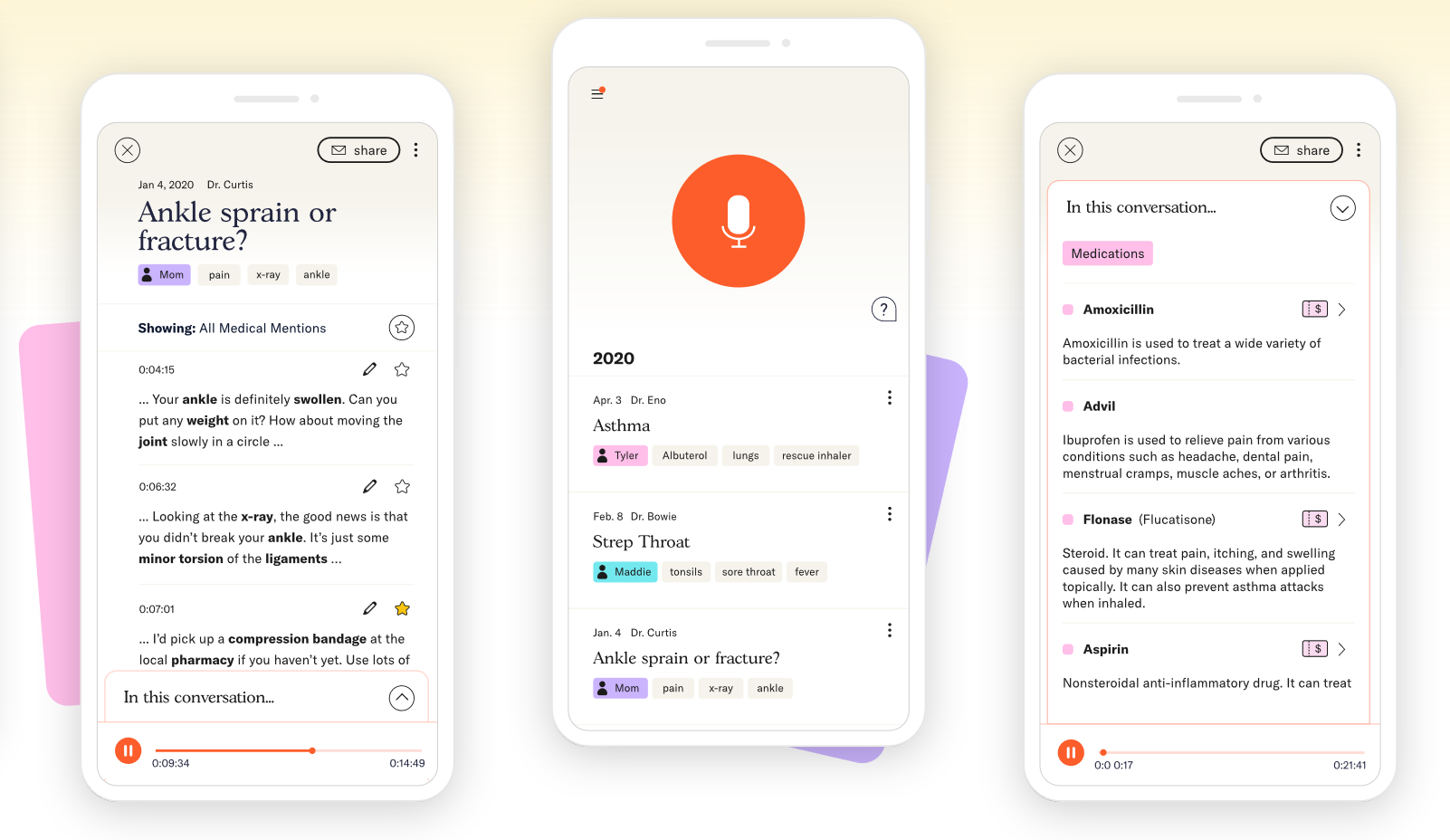
Dr. Shiv Rao, a cardiologist at the University of Pittsburgh Medical Center (UPMC), was put in a patient’s shoes when he and his wife found out they had a rare disease in their family.
“It was my first time being in the other side of the room. I had to experience information asymmetry,” Rao said. “You go home feeling so stressed that sometimes you forget something important.”
Years later, he saw a patient who had a history of breast cancer and needed to start a chemotherapy that might affect her heart. She seemed visibly nervous. When Rao asked why, she said her husband went to every single visit with her to take notes, except for this one.
“Sometimes people forget 80% of what was said (in a visit),” Rao said. “If you hear the word ‘cancer,’ what are you going to hear after that?”
Those experiences led Rao to co-found Abridge in 2018. The startup generates smart after-visit summaries using natural language processing. The company was created out of the Pittsburgh Health Data Alliance, where he met co-founders Sandeep Konam and Florian Metze, both researchers at Carnegie Mellon University.
Rao said they spent the past few years training machine learning models on 70,000 de-identified conversations to be able to identify physician directives and medical terminology.

A Deep-dive Into Specialty Pharma
A specialty drug is a class of prescription medications used to treat complex, chronic or rare medical conditions. Although this classification was originally intended to define the treatment of rare, also termed “orphan” diseases, affecting fewer than 200,000 people in the US, more recently, specialty drugs have emerged as the cornerstone of treatment for chronic and complex diseases such as cancer, autoimmune conditions, diabetes, hepatitis C, and HIV/AIDS.
Abridge listens to a patient encounter, and “bookmarks” parts of the conversation where a physician provides instructions or next steps. For example, it can provide more information on a recommended procedure or a medication. Patients can also listen to a recording of their physician’s recommendations.
Patients can download the app, or healthcare providers can register to use it with telehealth visits.
UPMC, an early investor in Abridge, recently began offering the service to its patients through telehealth visits. The heath system has seen a massive increase in the number of virtual visits since the Covid-19 pandemic started, going from 250 telehealth encounters per day in March up to 9,500 per day in April. After patients have a phone conversation with their doctor, they receive a text message with information about how to access their after-care summary through Abridge.
In the future, UPMC said it plans to move the after-visit summaries into electronic health records to better facilitate care coordination.
Photo credit: Screencap from www.abridge.com












